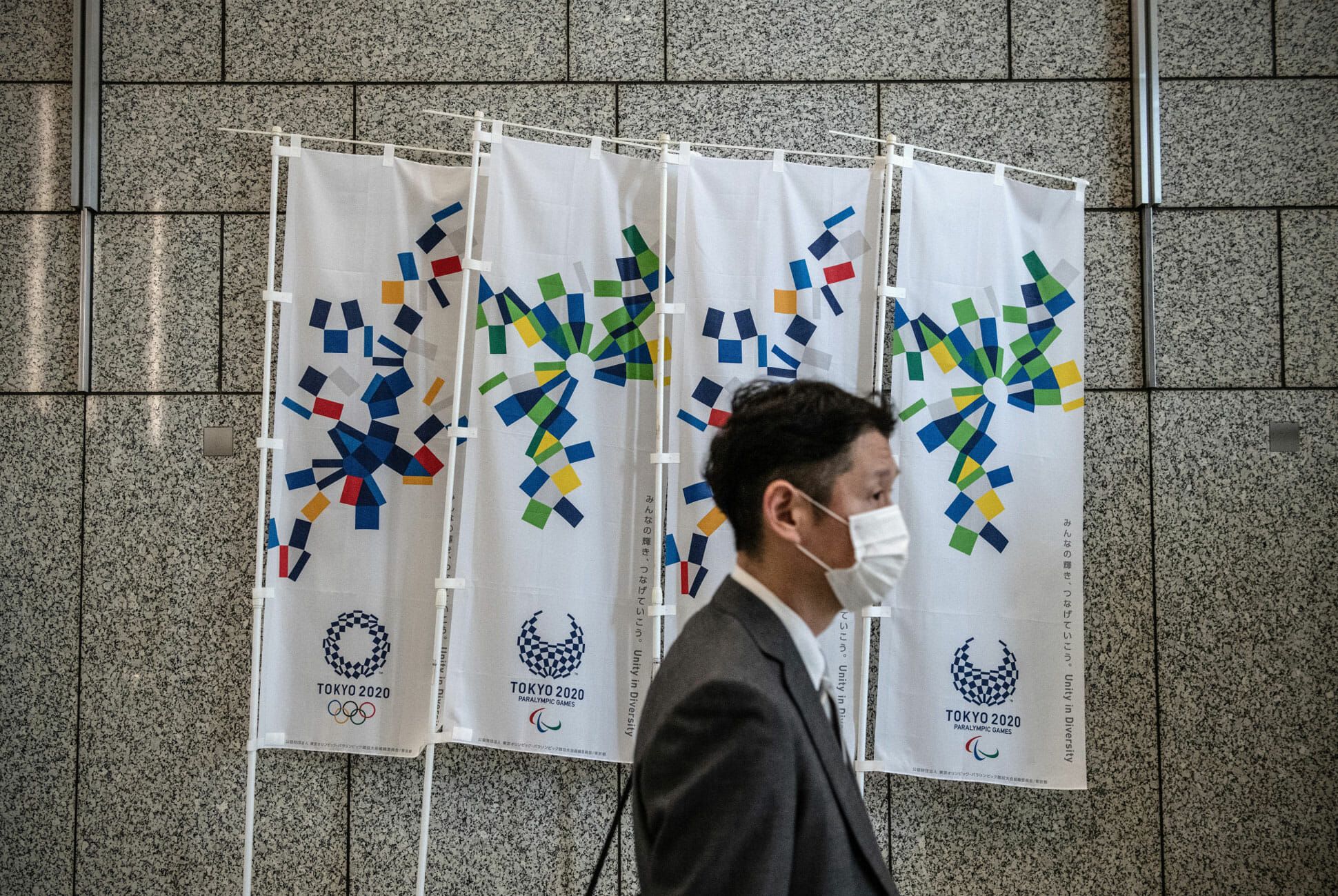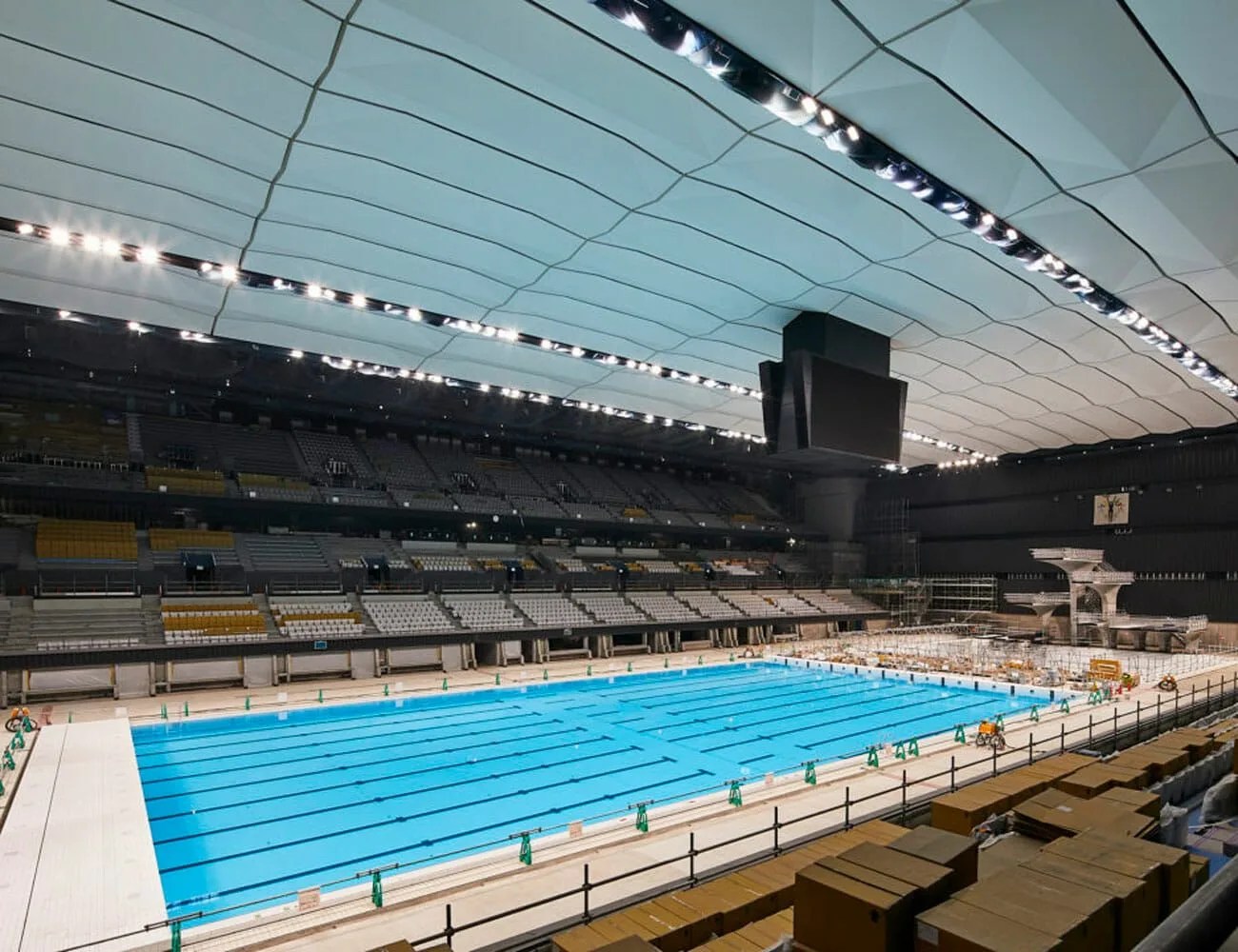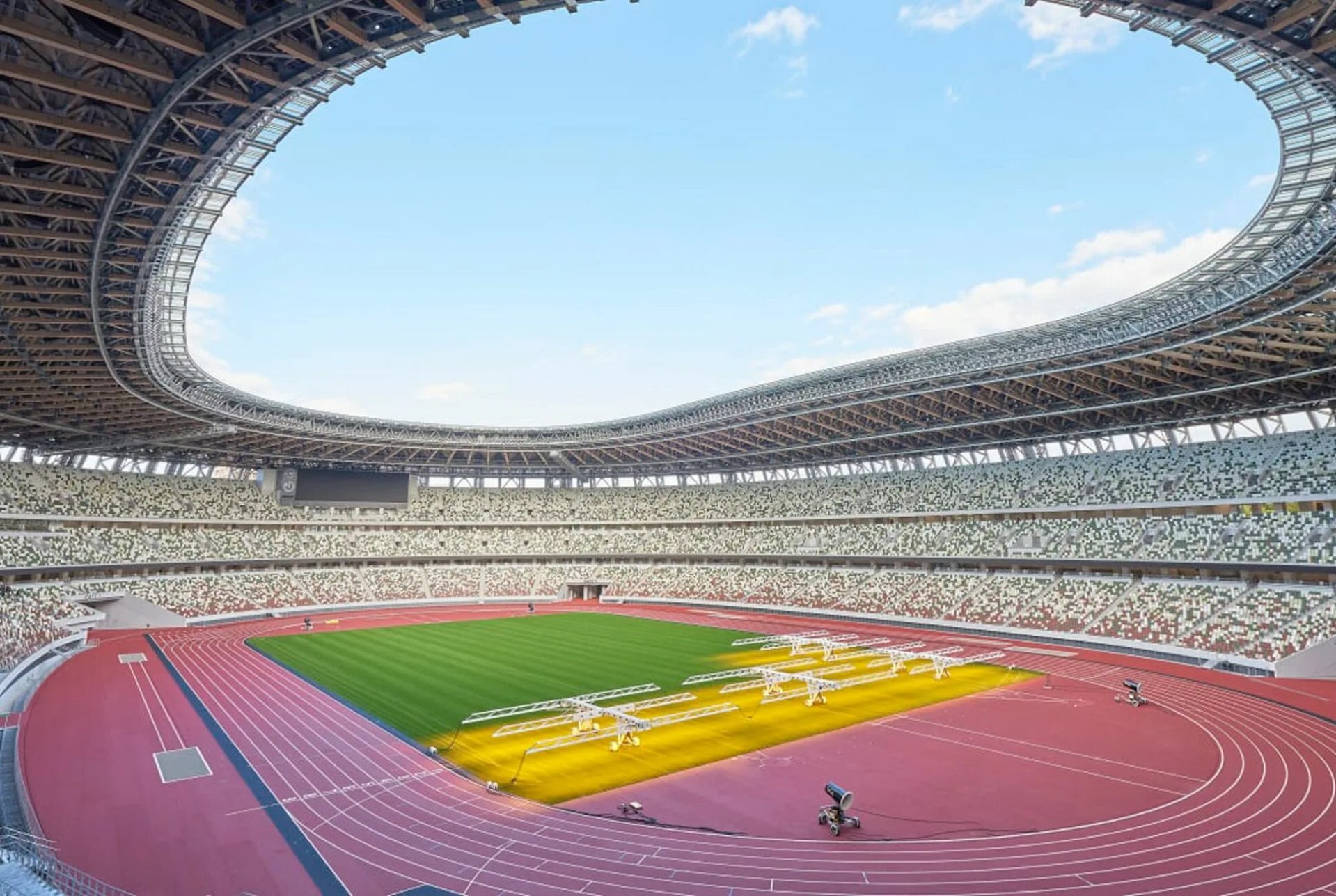Editor’s note: this story was originally published last Wednesday, March 18. Since then, the odds of the Olympics going forward as scheduled have only continued to worsen.
This morning, we learned that Prime Minister Shinzo Abe of Japan, which has invested more than 10 billion dollars to prepare for the Games, asked the International Olympic Committee to postpone until 2021, and IOC president Thomas Bach agreed “100 percent.”
The news comes on the heels of the U.S. Olympic and Paralympic Committee’s statement yesterday concluding that “it’s more clear than ever that the path toward postponement is the most promising, and we encourage the IOC to take all needed steps to ensure the Games can be conducted under safe and fair conditions for all competitors.”
This position is in line with the USA’s own swimming, track and gymnastics organizations, as well as national committees in Canada, Australia, Brazil, Germany and a number of other nations. It followed a poll of US Olympic hopefuls that found 68 percent did not believe holding the Olympics as planned would be “fair,” with the main reason being the interruption of training schedules all over the world.
The International Olympic Committee itself had stated as recently as Sunday that it would decide in four weeks whether to postpone the Games. Why so stubborn? According to the New York Times, nearly 75 percent of I.O.C. revenue comes from broadcast rights, about half of which comes from the American broadcaster, NBC. Nevertheless, the primary stakeholders concluded that a one-year postponement was the wisest move at this juncture.
With all that in mind, the FAQs below provide an illuminating window into how much things have changed in less than a week, while also addressing several extant concerns, including historical cancellations, the ramifications of moving or postponing the games and which athletes are most jeopardized by this morning’s news…
This summer, some 600,000 visitors and about 15,400 athletes are set to descend upon Tokyo for the 2020 Summer Olympic Games, which begin July 24. But with growing concerns over Coronavirus Disease 2019 (COVID-19), unprecedented shutdowns of schools, public gatherings and major sporting events all over the planet, many are questioning whether or not the Games will proceed as planned.



